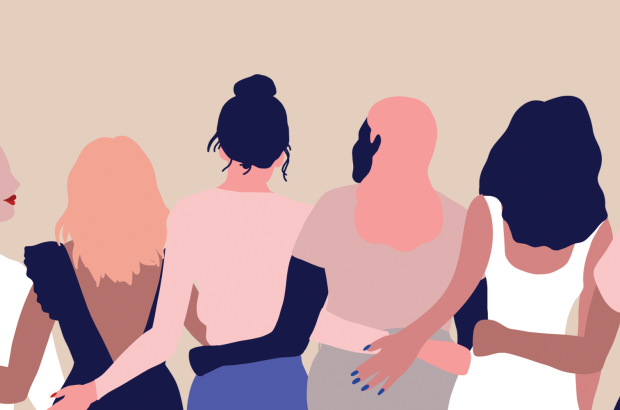- Daily & Weekly newsletters
- Buy & download The Bulletin
- Comment on our articles
Belgium still below par in gender equality as Europe sees broader declines
When it comes to gender equity, Belgium lags behind some of its European peers but has made significant progress, new research has found.
This is according to the 2022 Gender Equality Index from the European Institute for Gender Equality (EIGE), which ranks countries on a scale of 100 based on factors that include women’s access to work, education and healthcare.
This year’s index showed a drop in scores for the first time since its inception.
Belgium scored 74.2 out of 100 - above the European average of 68.6 points out of 100, but below top-scoring countries Sweden, Denmark and the Netherlands.
Nevertheless, it was among the group of countries that saw the highest increase in their score, which were Belgium, Lithuania, Croatia and again the Netherlands.
“What is most pressing is that this year's [overall] score has taken a turn, with decreases in several areas for the first time since 2010,” said EIGE director Carlien Scheele.
“This requires urgent scrutiny, as our results show that specific groups of people, who tend to be in more vulnerable situations during times of crises, are most at risk, where stark gendered inequalities compound the issue. We cannot afford to lose sight of gender equality.”
The EIGE report noted that the 2022 index reflects data from 2020, before the pandemic’s effects were being fully felt, meaning that analysis of the years that follow will likely produce worrying conclusions.
Other studies have already shown that the pandemic resulted in significant losses in the realm of gender equity, with young women facing more elevated levels of unemployment in the economic fallout, and women with a migrant background at an even higher risk.
There have also been measured increases in the number of women taking on care responsibilities during the pandemic.
“This is particularly true for high-intensity childcare, where 40% of women compared to 21% of men spend at least four hours on a typical weekday caring for young children,” EIGE’s report noted.
“The gender gap in time-intensive housework also widened during the pandemic, with 20% of women compared to 12% of men doing housework for at least four hours daily.”
Areas of progress the EIGE noted include increased participation of women in economic and political decision-making, which is generally linked to the introduction of legislative quotas in a handful of EU Member States.
In light of the worrying declines, however, the EIGE is organising for the first time a two-day Gender Equality Forum, which will be held both in Brussels and online.
“The aim is to put the most critical issues affecting gender equality in the EU on the table in a series of panel discussions, practical workshops, and experience-sharing sessions,” the organisation said.
“With a slew of high-level political decision-makers, practitioners and civil society coming together, commitments and actions to take #3StepsForward will be identified with a follow-up Forum planned for 2024.”

















